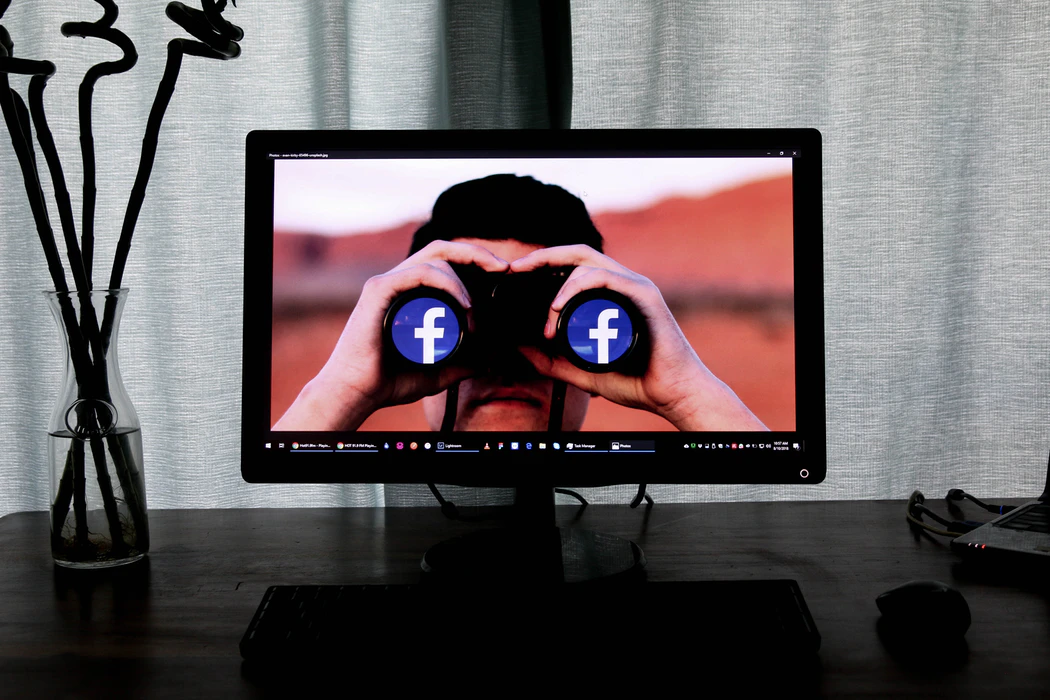What if Facebook it were easier to fix than everyone imagined without complex oversight or sketchy regulations, The simplest answer may surprise you.
Everyone’s got issues with Facebook. Politicians from both sides of the aisle agree Facebook is damaging our democracy as the latest congressional hearings demonstrated. Businesses have long-standing issues with Facebook’s capricious and inconsistent ad policies boiling over in the current frustration with their consistent errors in ad tracking. Even “Judy Consumer” realizes she’s been converted into a data product echoing the Pinocchio story where the lost boys who, naively, land on Pleasure Island are promptly turned into donkeys to be bought and sold.
Many people have offered up Facebook fixes like changing existing Section 230 of the Communications Decency Act (which regulates internet free speech) or even a dramatic government mandated break-up of Facebook.
Yet none of the proposed fixes will work because they don’t disable Facebook’s main strategy to skirt oversight or accountability.
At the heart of Facebook’s successful oversight avoidance strategy is the fact that they occupy the unmonitored Reuleaux Triangle; the intersection of communications, media and advertising industries.

This unregulated, free-zone keeps Facebook beyond regulatory reach while simultaneously giving them benefits not available to any firm anywhere:
- They are free to monetize the “network effect” of a communication company without paying any relevant taxes like the Universal Service Tax assessed on every active line to build up universal communications infrastructure for schools, libraries, and rural health care facilities
- They can monetize content like a media company through ads yet they don’t have any of the high human costs to create the content, verify “facts” and keep hate content from making its way to the masses
- They have, unabashedly, harvested vast amounts personal data and then sell it the highest bidder without any restriction around privacy
This “Catch me if you can” strategy is why investors love Facebook. Investors can realize crazy high profits with none of the nasty costs associated with good corporate governance other companies comply with.
Their unregulated bubble emboldens Facebook:
- They insist we trust their AI and algorithms to flag untrusted content even though we’ve seen time and again it can’t
- They present themselves as a media company that distributes “news” with no distinction between real news, fake news and hate content
- They consistently get caught selling personal data that shouldn’t be sold then issue their well-rehearsed but meaningless apology “to do better”
- They regularly overstate the reach a campaign achieved always chalking it up to a big “oops” with an “I’m sorry” thrown in for good measure
It should be clear by now that Facebook has no intention of changing anything that undermines their business model. So, it would seem, that nothing can fix Facebook – certainly not the politicians who don’t even understand how Facebook makes money.
Does this mean there is no fix to the Facebook fix we all find ourselves in?
The fix that can work.
The answer is yes and salvation comes from the very politicians who understand so little about Facebook in particular and social media in general.
Fixing Facebook begins with forcing Facebook out of their safe, unmonitored Reuleaux Triangle and into the domain where politicians are very effective – levying taxes.
It means we fix Facebook by taxing Facebook like a communications company much like where the government charges the Universal Service Tax. The Universal Service Tax (USF) is a tax the government charges the telecom company for every live line, “…as a mechanism by which carriers were assessed to subsidize telephone service infrastructure to low-income households and high-cost areas.”
Taking this principle and applying it social media, the government could create a “Universal Trust Tax” assessed for every active account to create a digital trust verification infrastructure for all social media content. Most importantly, this trust verification infrastructure would be run by (wait for it), national and local news outlets – not Facebook or any specific social media company. Everyone can appreciate poetic justice in this approach.
Why this fix will work.
When we define what Facebook is and what Facebook is not, we can make them accountable through established government agencies. The process of taxing a segment has the significant advantage of clear governmental standards and processes for expedited activation as it elegantly addresses multiple Facebook trust gaps at once:
- This approach doesn’t require Facebook to be trusted to adhere to “bespoke” regulations that would be hard to police anyway
- It forces Facebook to reckon with the real cost of fake/ troll accounts that pervade its platform since each fake account will now cost them money
- It compensates local news outlets for the cost they incur to create the news that Facebook monetizes
- It can be done in a bi-partisan way quickly since that assessing taxes is one thing politicians know how to do and they don’t have to understand Facebook or Twitter to do it
Facebook has eluded oversight because it fell between the regulatory cracks freeing them to accumulate profits and power that other, more regulated companies could not duplicate. A trusted Facebook is within our reach if we have the political will to use current legislative, taxation and oversight agencies to fix Facebook. If not now – when?





